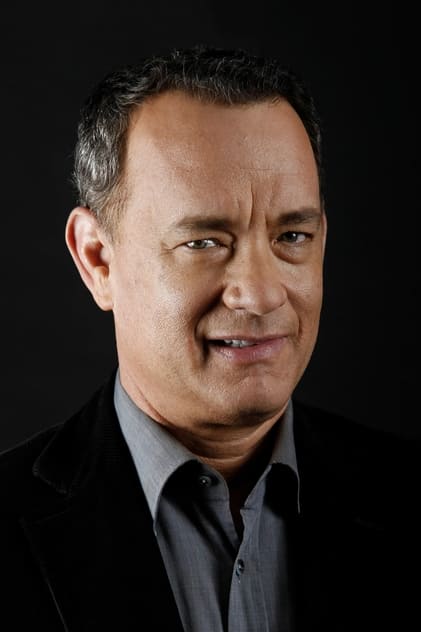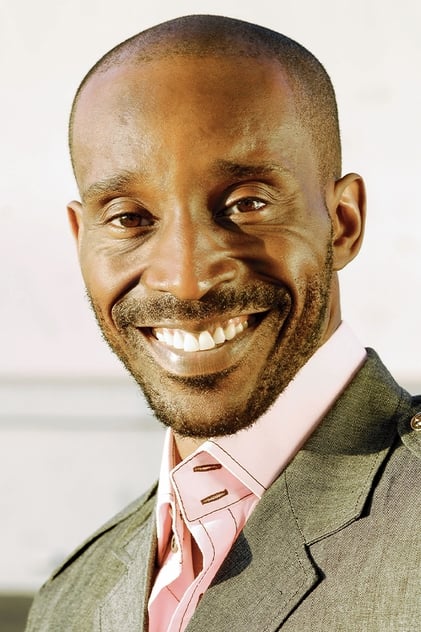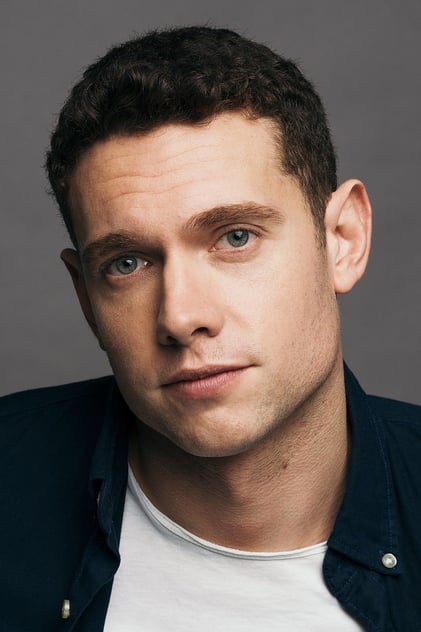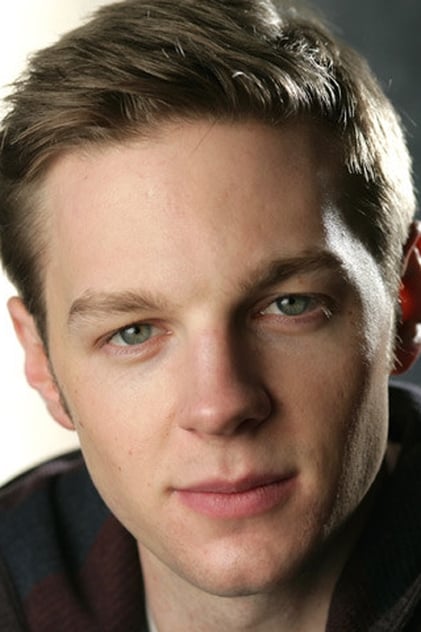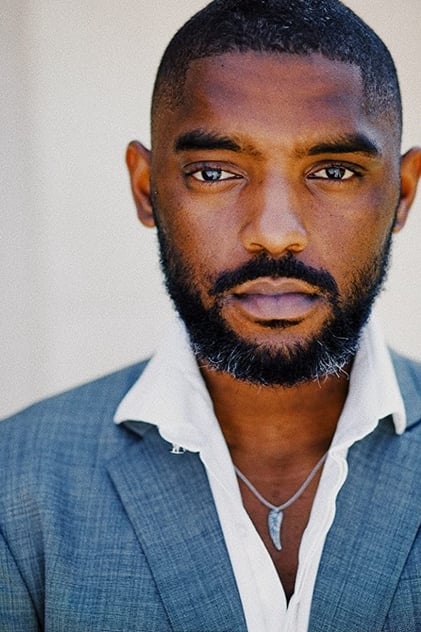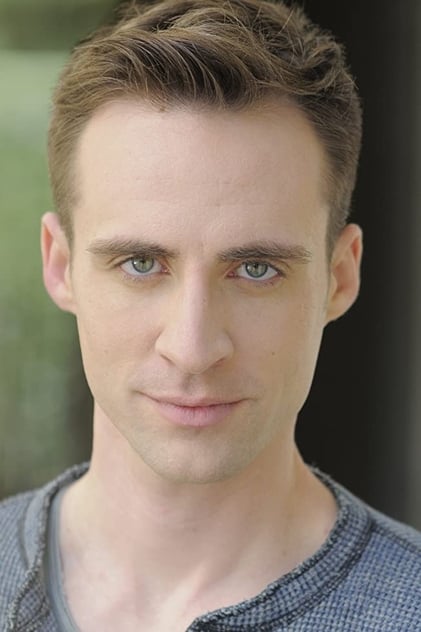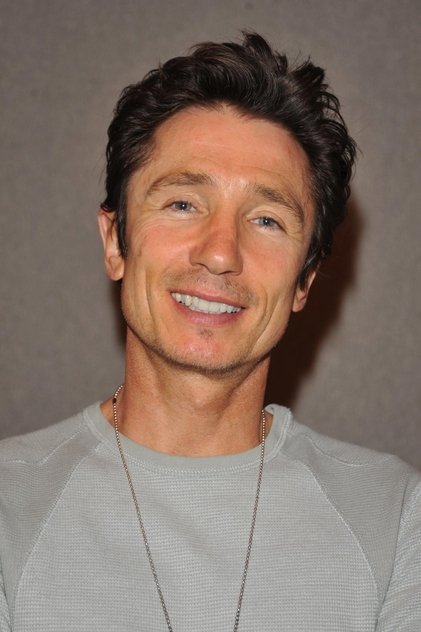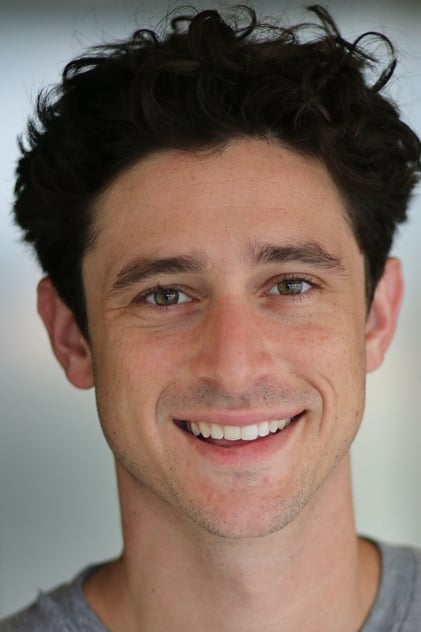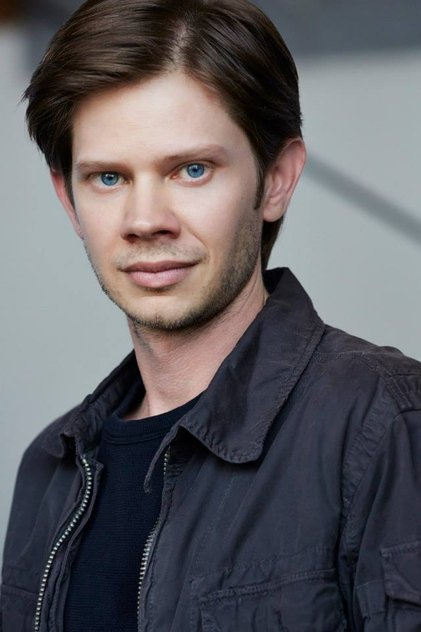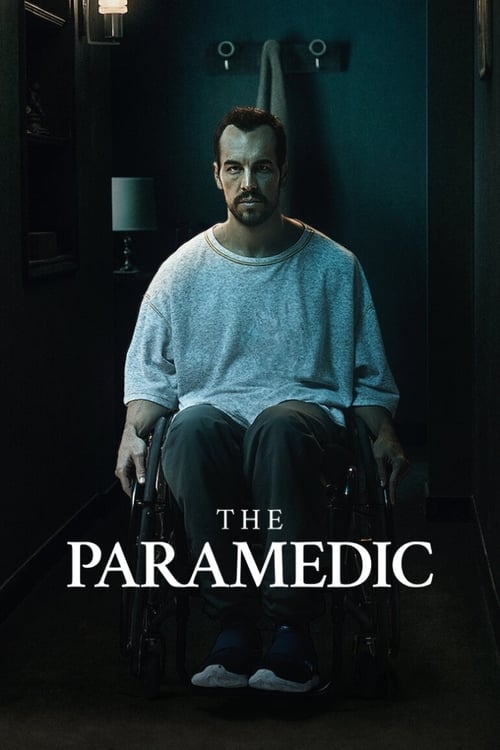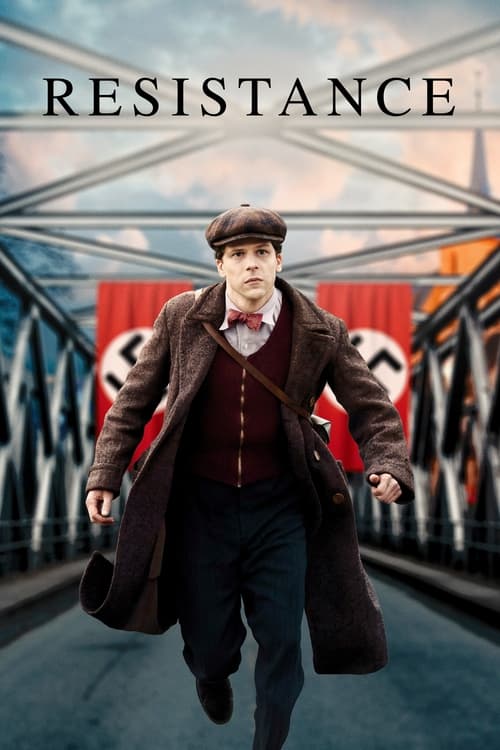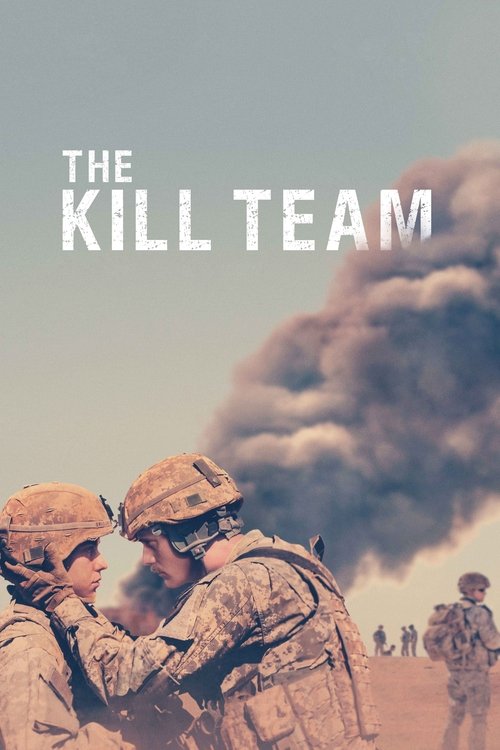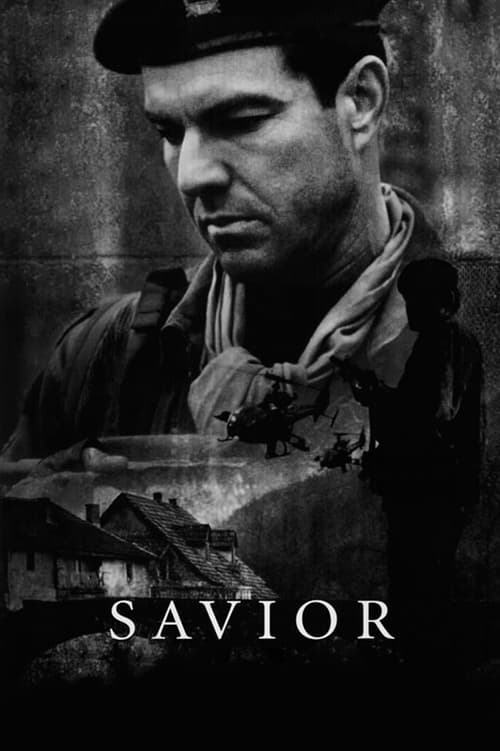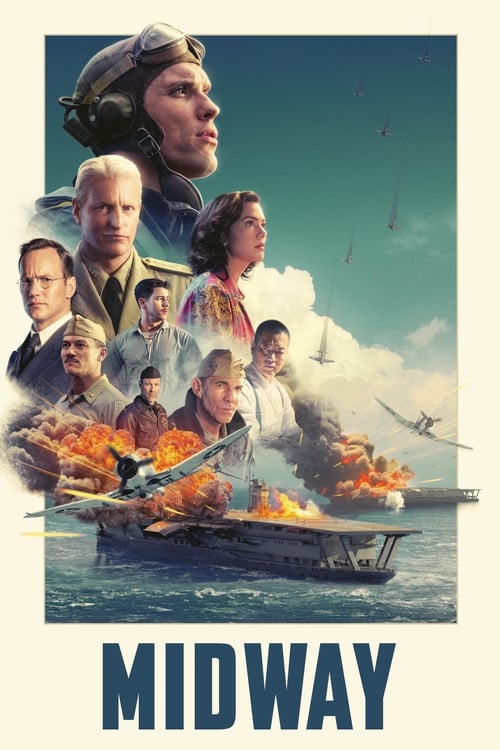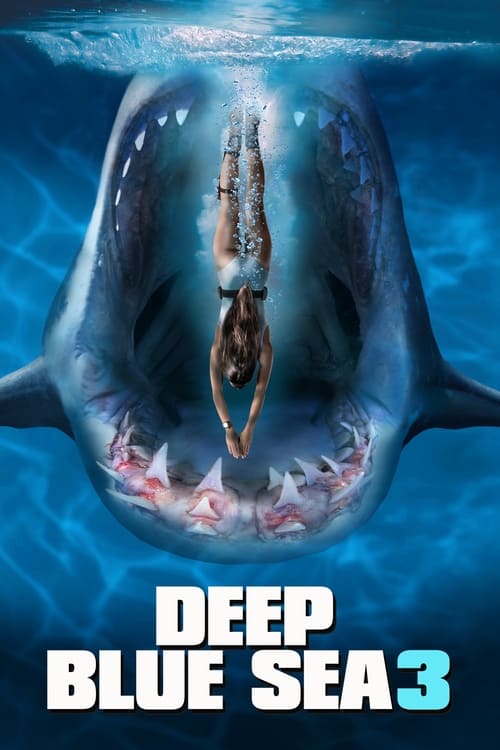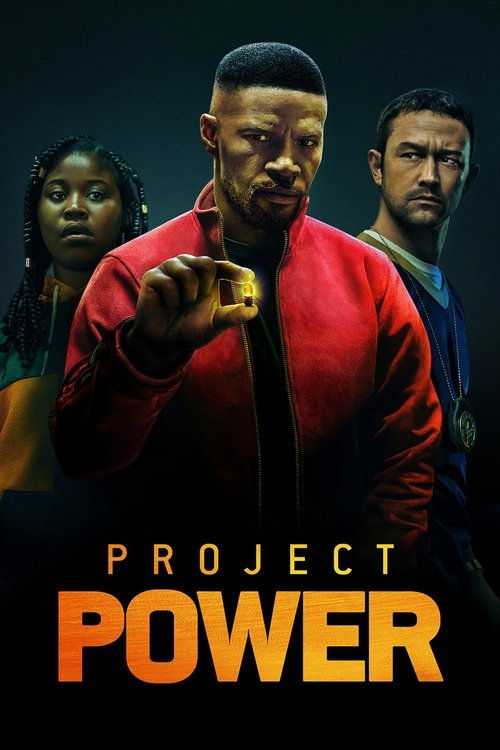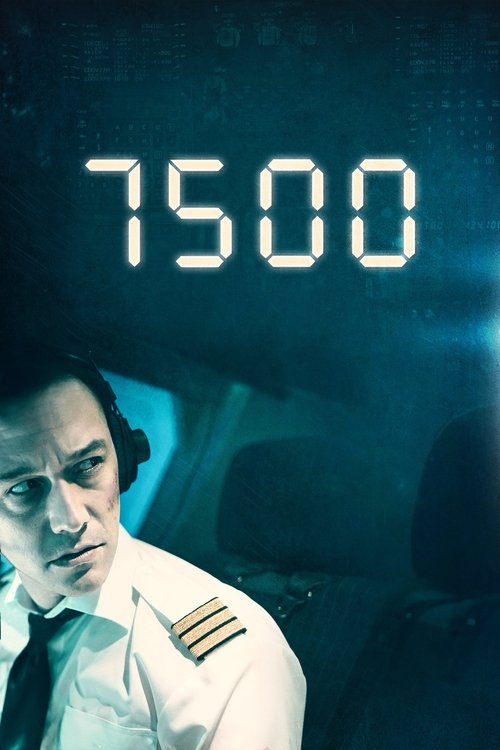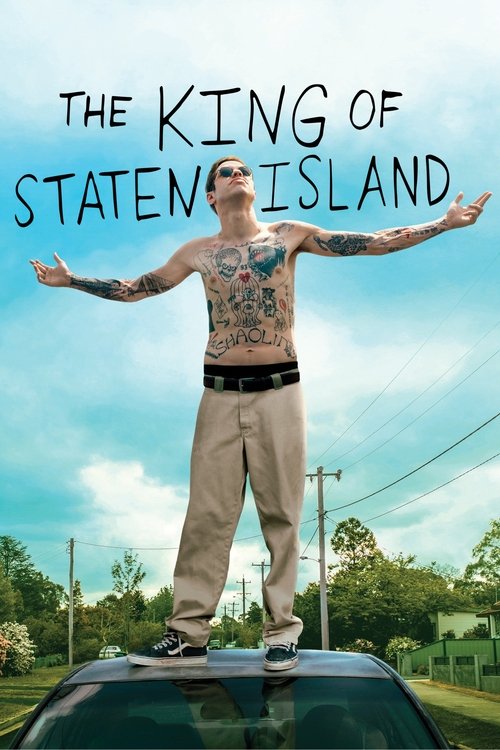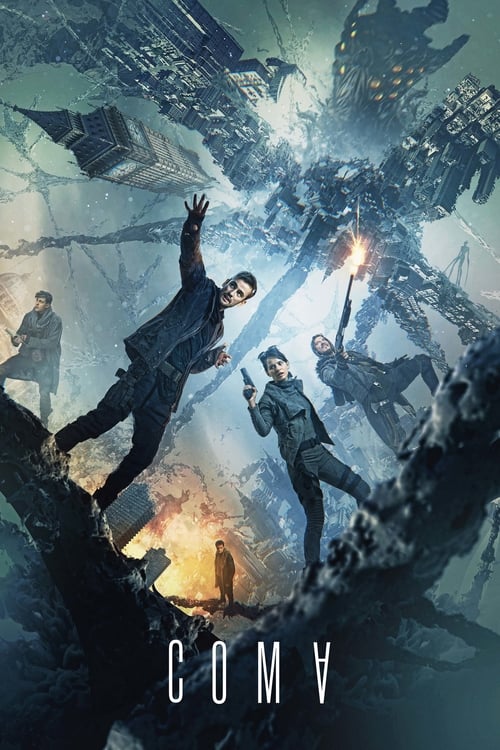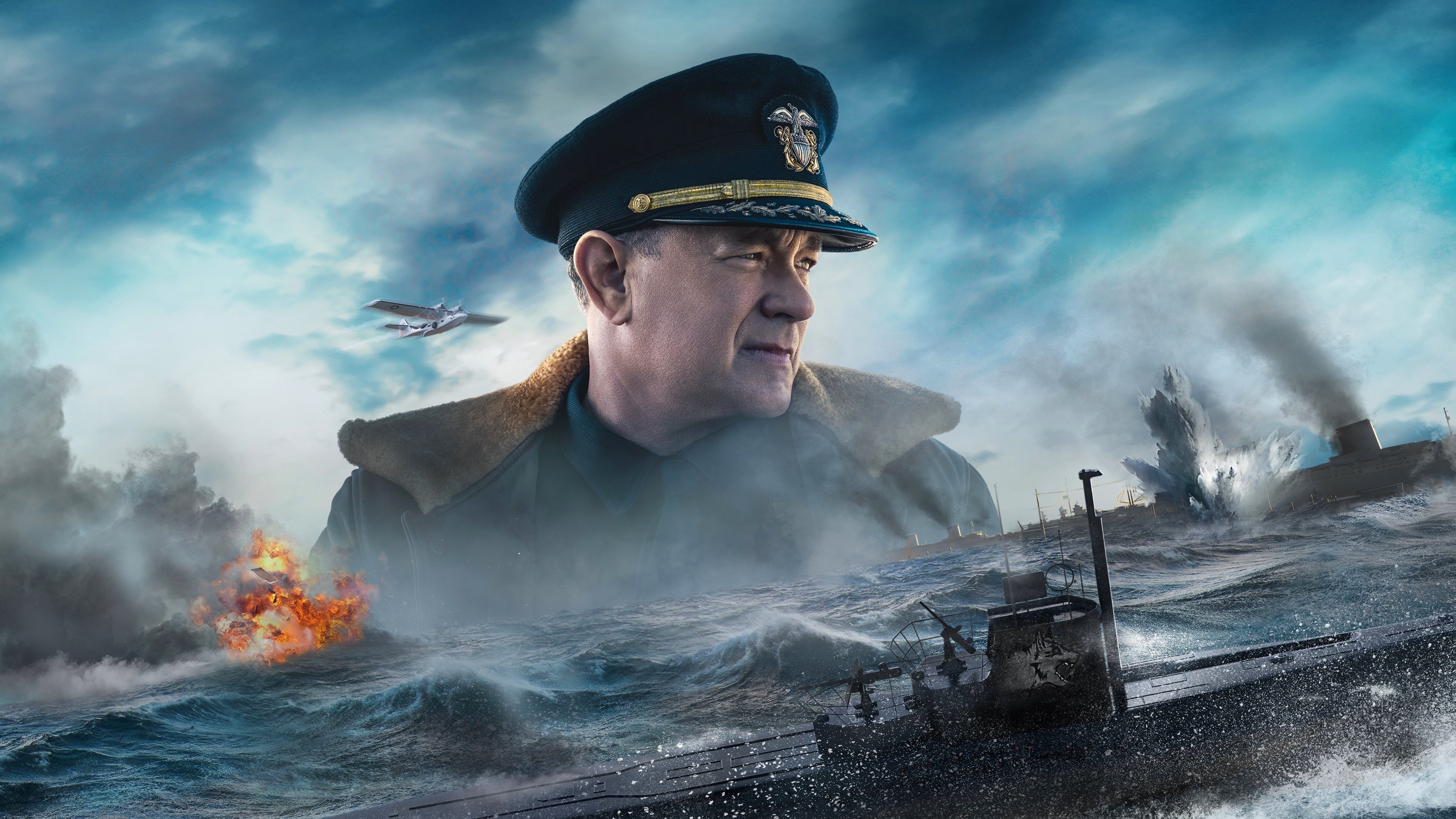

2020
·92m
Greyhound
Summary
A first-time captain leads a convoy of allied ships carrying thousands of soldiers across the treacherous waters of the "Black Pit" to the front lines of WWII. With no air cover protection for 5 days, the captain and his convoy must battle the surrounding enemy Nazi U-boats in order to give the allies a chance to win the war.
Reviews
msbreviews
July 6, 2020
If you enjoy reading my Spoiler-Free reviews, please follow my blog @ https://www.msbreviews.com
I love war movies, especially when they're able to depict the action in such an immersive way that the viewers really feel like they're there. In my opinion, it's the genre that most requires a technically outstanding production quality. The visual effects need to be absolutely perfect. The cinematography must capture the intensity of the battlefield. The sound design has to be incredibly powerful. Finally, a war film requires the most epic, nail-biting, chill-inducing score so the audience can actually feel the unbelievable atmosphere that this genre usually possesses. Greyhound has one of the greatest actors of all-time as its protagonist, but does it check the points mentioned above?
Yes and no. Technically, this movie barely has any issues. The VFX look utterly stunning, no doubt about it. Shelly Jackson, the cinematographer, has one of the most challenging tasks a filmmaker can have: filming in a water environment. He deals with this problem surprisingly well, by allowing the viewers to fully understand everything that's going on for the entire runtime. The score (Blake Neely) is emotionally powerful, but I believe it could have elevated a lot more action sequences than it actually does. The editing (Mark Czyzewski, Sidney Wolinsky) is excellent as well.
So, what failed? Well, I will always defend that the two pillars of any film are its story and characters. Without one of these two, very few movies can survive. Without the two, no film can. I have to use Dunkirk as an example here. Christopher Nolan spent the whole marketing campaign saying that his movie was about the depiction of an actual war. About how it felt to actually be in one. Therefore, Dunkirk barely has any sort of character development… because not only it never intended to, but it doesn't need it to accomplish its goal.
However, its storytelling follows a distinct method that allows for some exhilarating moments in the air, ground, and sea. Its action sequences are so powerful and incredibly realistic that I consider it the most immersive war experience I have ever experienced. Thus, the lack of compelling characters didn't really bother me because I was there to try to feel what it's like to be in a war. Greyhound also doesn't have one single character who's well-developed or well-explored. They all seem to have names, and that's it. Tom Hanks is obviously impressive in his acting role…
But his skills as a screenwriter definitely need to improve. Like I insinuate above, there's no problem in having depthless characters, as long as the story and, in this case, the action, work. None do. I'm not lying when I write that 90%+ of the script is Hanks yelling "turn right", "hard left", "slow down", and hundreds of other types of direction guidelines in nautical language. The action is lackluster. Basically, the whole film is a repetitive, tiresome cycle of a U-boat showing up on the radar, Hanks looking through several windows shouting the same nautical stuff to his crew, and trying to eliminate the enemy's ships.
I could feel the suspense and the tension that Hanks' ship emanated. I love the first encounter and pursuit of the first U-boat, it's exceptionally filmed and quite riveting. But from this moment on, it's just the same sequence stuck on repeat mode until no more ships exist. So, even though the set pieces look marvelous, these scenes quickly lose impact. Aaron Schneider should have found a way of elevating Hanks' screenplay, but unfortunately, he can only do so much. By the end, I'm left with a character whose name I can barely remember (honestly, I needed two full minutes to remember the protagonist's name after the movie ended).
All in all, Greyhound could have easily ended up as a small-scale Dunkirk. Technically, it has everything it needs to be a brilliant war flick: beautiful visual effects, powerful sound design, impeccable cinematography, and an epic score. Disregarding one of the two pillars of filmmaking (story and characters) is only an issue if the other also doesn't work. The lack of any character development can be perfectly compensated in a war film, as long as the method of storytelling allows for a unique experience packed with realistic and immersive action. However, Aaron Schneider's movie doesn't possess a compelling story, and the action set pieces are stuck in a dull cycle of hunting U-boats in the exact same way throughout the whole film. The first sequence is packed with tension and suspense, but from that moment on, the entertainment levels drop drastically. Tom Hanks is fantastic as the protagonist, but his screenplay is far from truly being one. All dialogues revolve around characters (mostly Hanks's) calling nautical instructions for most of the runtime and looking either through a window or binoculars. In the end, it's underwhelming and disappointing, but I still recommend it to the war genre's aficionados.
Rating: C
